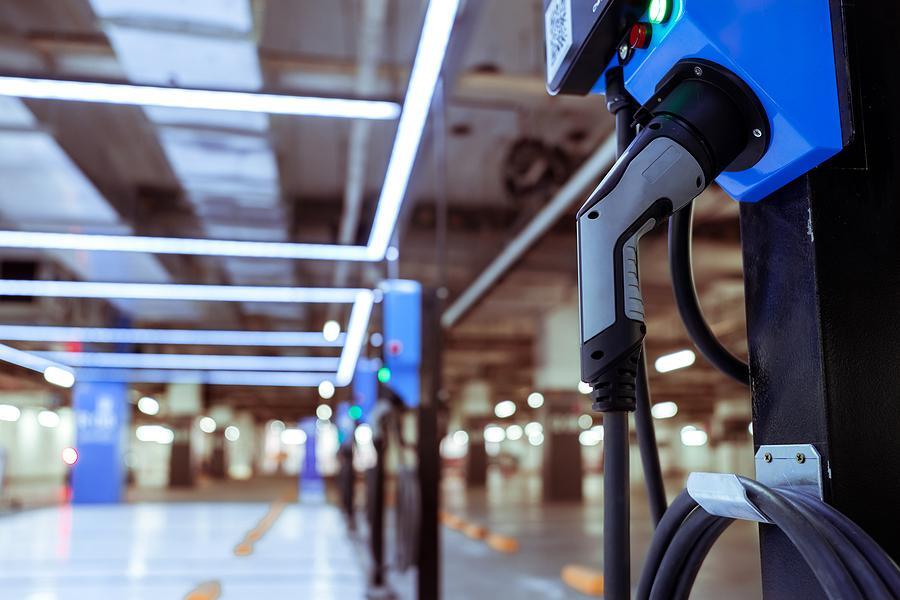Call This Sunday to Get $50 OFF
Call This Sunday to Get $50 OFF

If you’ve recently purchased an electric vehicle or are considering making the switch, one of the first questions you might ask is whether you need a dedicated home EV charger or if a regular household outlet will do the job. While it’s technically possible to charge your EV using a standard outlet, the charging speed, convenience, and efficiency can vary greatly depending on the type of setup you choose. Understanding the differences between the options can help you make the right decision for your lifestyle, driving habits, and budget. That said, electrical outlet installation should be left to a reputable electrical service company.
Most electric vehicles come with a Level 1 charging cable that can be plugged directly into a standard 120-volt outlet. This is the most basic way to charge your EV and requires no special installation or additional equipment. For occasional or low-mileage drivers, this setup might seem sufficient, but there are a few key things to consider.
Level 1 charging is the slowest charging option available. On average, it provides about 3 to 5 miles of range per hour of charging, which means fully charging a typical EV battery could take 20 to 40 hours or even longer, depending on your vehicle’s battery size. If you drive only short distances and can leave your car plugged in overnight or for extended periods, this method can work, but it may not be practical for everyone.
A dedicated home EV charger, often referred to as a Level 2 charger, operates on a 240-volt circuit and provides significantly faster charging speeds. Depending on the model and your EV’s capabilities, a Level 2 charger can deliver 20 to 60 miles of range per hour. This allows most EVs to reach a full charge in 4 to 8 hours, making overnight charging much more convenient.
Another key advantage of a dedicated charger is energy efficiency. Because these chargers are designed specifically for EV batteries, they tend to deliver a more stable and optimized current, which can reduce wear on your battery and improve long-term performance. In addition, many modern home chargers come with smart features, such as Wi-Fi connectivity, mobile app integration, and scheduling options, allowing you to monitor energy usage and charge during off-peak hours to save on utility costs.
Deciding between a regular outlet and a home EV charger comes down to your driving habits, budget, and long-term plans. If you:
It’s also important to consider the electrical capacity of your home. Level 2 chargers require a 240-volt circuit, which may require professional installation by a licensed electrical service. While this involves an upfront cost, the added convenience and faster charging speeds often make it a smart long-term solution.
Looking for licensed electricians offering electrical outlet installation? Reach out to the team at Mr. Electric. Whether you’re upgrading your electrical system or building a new home, our electricians have the expertise, experience, and specialized tools to install all types of electrical outlets. We also offer reliable EV charger installation services in homes and businesses. If you’re looking to install an EV charger in your home, we are the experts to call for help. Give us a call or send us a message online to book an appointment.